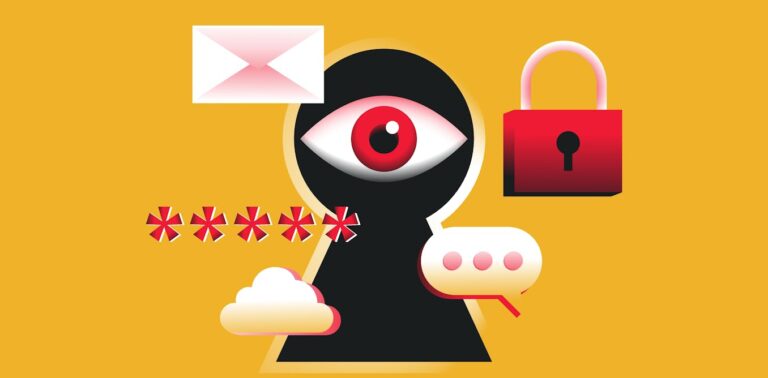In recent times, the workforce has faced unprecedented challenges, with layoffs exceeding 1 million job cuts since the beginning of this year alone. For many individuals, this sudden loss of employment can lead to significant financial strain and emotional distress. As we navigate these turbulent times, it’s essential to implement effective strategies to alleviate financial stress while maximizing opportunities for recovery.
Sharon Eper, senior personal finance correspondent at CBC and author of the Money 101 newsletter, emphasizes the importance of developing a concrete plan when faced with job loss. Here are several steps you can take to manage your finances effectively during this challenging period.
Assessing Your Financial Situation
The first step is to gain a clear understanding of your current financial position. This involves a thorough review of your cash flow, which can be critical in planning how to extend your financial resources. Start by assessing your severance package if offered, alongside any savings you may have amassed. Calculate how long you can maintain your living expenses based on these financial resources.
To manage your cash flow efficiently, consider the following:
- Budgeting: Create a detailed budget that reflects your essential expenses. Prioritize housing, utilities, food, and transportation.
- Cuts in Spending: Identify and eliminate any non-essential expenditures. This could include subscriptions, costly dining out, or luxury items.
- Negotiate with Lenders: Don’t hesitate to reach out to your lenders. Many may offer deferment options or the possibility of lowering your interest rates to assist you during this time.
Exploring Unemployment Benefits
Applying for unemployment benefits should be one of your top priorities once you’ve assessed your cash flow. Eper stresses the importance of acting promptly, as benefits can sometimes take time to process. If you have worked remotely but are based in a different state, be sure to apply for benefits in the state where your employment occurred.
Your state’s unemployment agency can provide guidance on eligibility and application processes. Additionally, investigate the potential for emergency relief programs, which may offer assistance beyond standard unemployment benefits.
Securing Health Insurance
Maintaining health coverage is also a crucial aspect of financial wellness. In the throes of job loss, individuals may be eligible for COBRA, allowing them to remain on their employer’s health insurance plan for up to 18 months. However, this can come with a significant increase in costs compared to the premiums you may have previously paid.
To explore more affordable options, consider:
- Marketplace Insurance Plans: Visit the federal or state healthcare marketplace to compare plans available under the Affordable Care Act. This could provide coverage at lower premiums than COBRA.
- Short-Term Health Insurance: If immediate costs are a concern, some individuals consider short-term health insurance plans as a temporary stopgap while they seek employment.
Retirement Accounts: Tread Carefully
One of the dire mistakes individuals may contemplate is cashing out their retirement accounts, particularly their 401(k)s. Eper advises strongly against this, as doing so can trigger immediate tax liabilities and potentially a 10% penalty if you’re under the age of 59 and a half. Instead, it’s wiser to keep your retirement funds intact.
Consider these alternative options:
- Leave It with the Old Employer: If your previous employer allows, you may leave your 401(k) with them until you find new employment.
- Rollover to an IRA: You can roll over your funds into a traditional IRA or a new employer’s 401(k) once you secure a new position.
Mental Well-being and Self-Care
Besides managing financial concerns, prioritizing your mental well-being during job loss is equally essential. Eper encourages individuals to give themselves grace amid this challenging transition. Practicing self-care, whether through physical activity, connecting with supportive friends and family, or engaging in activities you enjoy, can significantly reduce stress levels.
Remember that being kind to yourself during this time has profound implications on your overall mental and emotional health, which directly impacts your ability to engage in job searching and networking effectively. Taking a deep breath—metaphorically and literally—can provide clarity and focus when navigating your next steps.
In an age where financial literacy is key, resources like Eper’s Money 101 newsletter can provide crucial information and tactics to help individuals keep their finances on track. Signing up for this newsletter can yield personal finance insights, as well as innovative strategies for adjusting to various financial situations while unemployed. You can find more information and subscribe for free at cbc.com/money101.
While job layoffs can throw you into a whirlwind of stress and uncertainty, taking precise steps can help you not only manage your finances but also navigate the transition to the next phase in your career and life with resilience and confidence.



